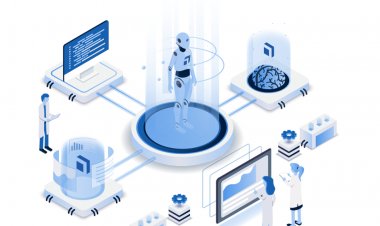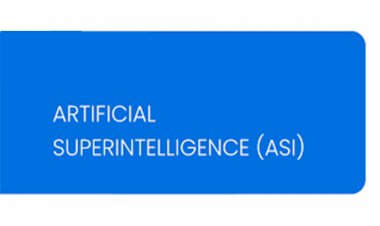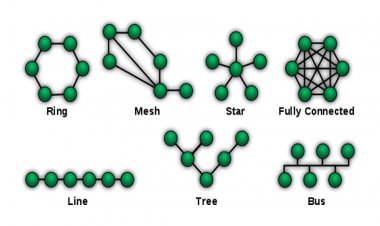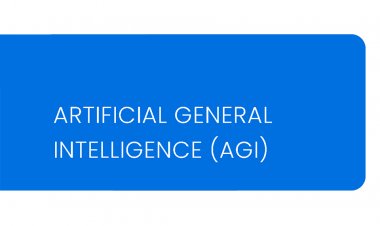Services of Cloud Computing
Well, there are 3 types of cloud computing services: Infrastructure as a Service (IaaS), Platform as a Service (PaaS), and Software as a Service (SaaS).
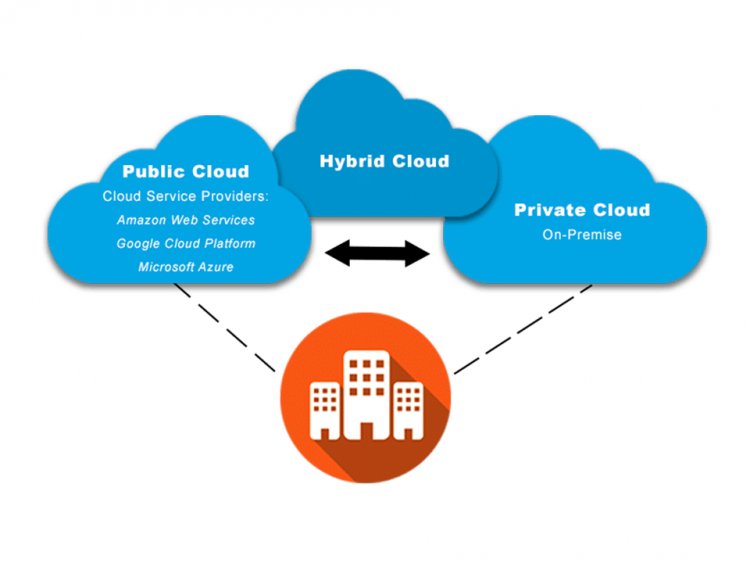
Introduction:
It is the traditional way to store your data in the file system, but that file system is not accessible everywhere. Cloud computing allows you to store, manage, process, or exchange information on the internet. As an alternative to storing data on the internal storage of your computer or keeping it on your computer or any additional file system, off-site resolutions are moving to the cloud. They offer a wide range of services, including data storage, email servers, software packages, and appealing computing capabilities.
What are the services of cloud computing?
Simply put, the phrase "cloud" refers to the internet. The infrastructure, or arrangement, and mechanisms that empower a computer to perform, produce, allocate, and cooperate with data are referred to as computing. Instead of keeping infrastructure, systems, and programming on your on-site server or hard drive, you store them on virtual or online servers that have linkage to your computer over protected networks.
How many types of cloud computing services exist?
There are three types of cloud computing services:
- IaaS
- PaaS
- SaaS
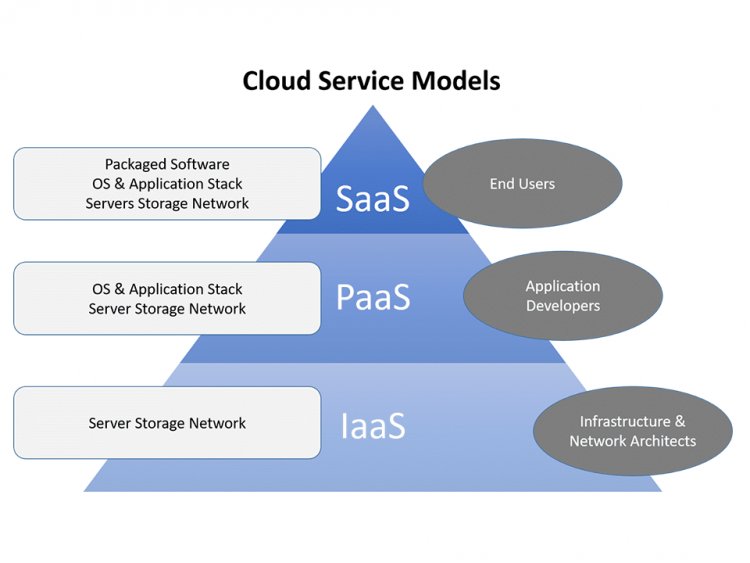
IaaS:
IaaS suppliers work with application programming interfaces (APIs), as well as supply simulated server requests and storage. The APIs allow users to convert the workloads on the virtual machine. By using IaaS, operators have an allocated room capability and can create, stop, contact, and organize the simulated machine and room as wanted.
They also provide you with different memory types according to your needs, as below:
- Small
- medium
- Large
- extra-large
You can use the storage according to your desires and needs. IaaS cloud computing is located next to an isolated data borderline for business users.[1]
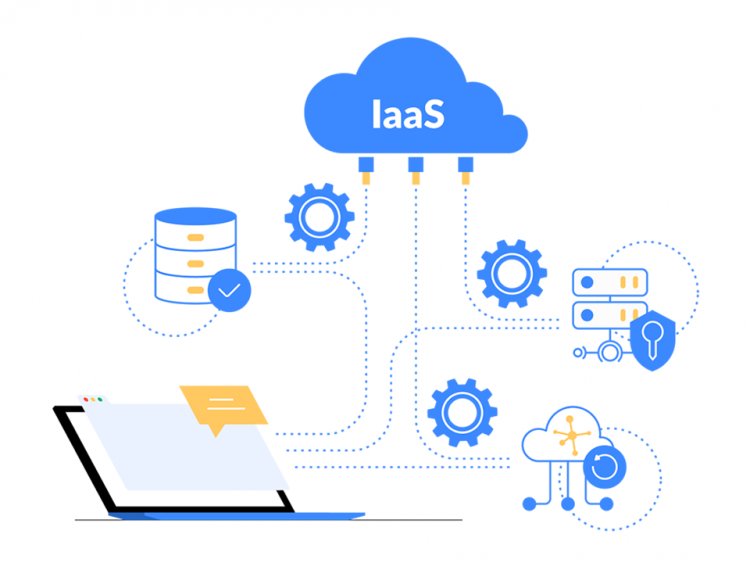
Example:
AWS stands for Amazon Web Services
What advantages does IaaS offer?
- Cost-Effective:
Using IaaS services, you never need to buy the hardware with the other network equipment. That’s why it is cost-effective.
- Dependability:
If you find an internet or hardware failure/disaster, the IaaS will continue to work.
- Scalability:
As if the company requires the scaled up and down to be permissible in IaaS. This feature saves the company money and also time.
- Accessibility:
This allows its user or organization to access its files and the data or documents instantly.
- Business Productivity:
Using IaaS, there is no need to manage the training of new staff when the business increases. It provides you with a responsible upgrade.
What are the drawbacks of IaaS?
- Security:
The security assumed may not be constantly sufficient. As a result, your system may be exposed to hacking and susceptibilities.
- Maintaining control:
The supplier is responsible for the whole management of the IaaS. While this may be a stress reliever for consumers, it may also give the provider more power. Users, for example, have no control over data or software.
- Customization:
This is attributable to the fact that it is built on virtualization, which means there are a limited number of customization choices. As a result, the level of user privacy provided is not as high as with alternative options.
- Adaptability
Despite the fact that IaaS providers provide maintenance, some firms are unable to receive upgrades.
PaaS:
In the PaaS paradigm, PaaS clouds provide you with improvement tools through their mechanism. Gateway software, web portals, APIs, is used by employees to contact these skills or technologies via the internet. PaaS is a raised area for emergent common software, and several PaaS workers host the programmer once it's done.[1]
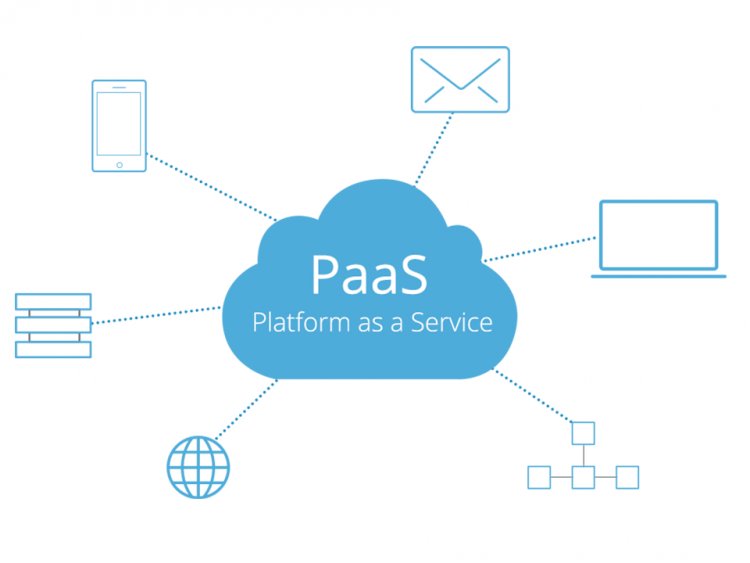
Example:
Salesforce's Lightning Platform, AWS Elastic Beanstalk, and Google App Engine are all popular PaaS options.
What advantages does PaaS offer?
- Cost-effective:
There's no need to pay for expenses when you're disconnected.
- Time to Market:
Increase the quickness with which apps are established.
- Boost Security:
PaaS providers mark major investments in security technologies and expertise.
- Dynamically scaled
Increase volume rapidly at peak periods and decrease capacity as desired.
- Bespoke Software
Developers have access to functioning utensils that allow them to construct custom software.
- Flexibility:
Employees may log in and work on applications from wherever they have an internet connection.
What are the drawbacks of PaaS?
- Vendor Dependency:
Extremely dependent on the services of the vendor.
- Compatibility:
When PaaS is exploited in combination with present development tools, difficulties may occur.
- Risks of Security:
While PaaS suppliers protect the infrastructure and platform, companies are accountable for the safety of the apps they create..
SaaS:
SaaS is a software delivery paradigm that allows us to access software applications through the internet. These applications are referred to as "web services." SaaS customers can utilize a PC or a mobile device to access services and apps from anywhere on the internet. Users obtain access to application software and databases through the SaaS model.[1]
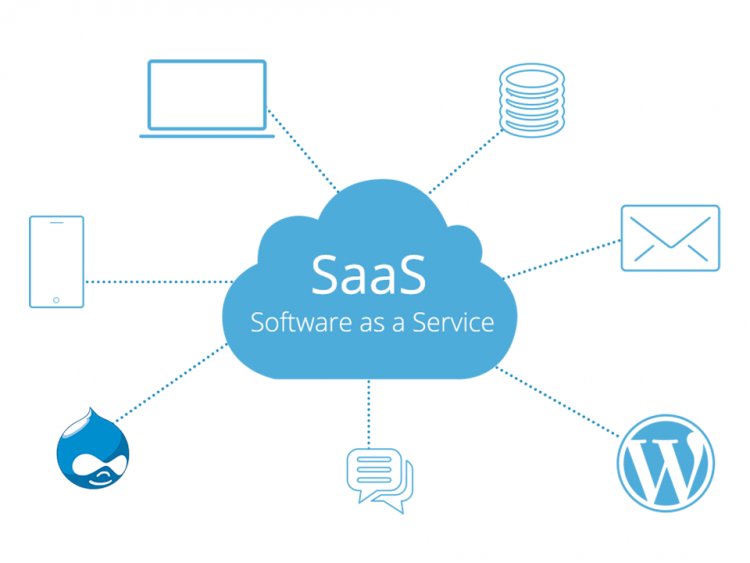
Example:
An example of a SaaS application is Microsoft for productivity 365 and email services.
What advantages does SaaS offer?
- Cost-cutting:
When software is rented from a third-party service provider, the cost of purchasing and implementing the whole programmer and IT infrastructure in-house is eliminated.
- Ease of Accessibility:
It is simple to use the software as a service. To access and employ the cloud-hosted applications, all you need is a processor or computer and a steadfast internet connection.
- Scalability without effort:
There's no need to pay for extra software licenses or server space once your business enlarges and you need to add new workers.
- Upgrading with no problems:
Upgrading your old software and hardware to newer ones is a time-consuming process.
What are the drawbacks of SaaS?
- Inadequate Data Security:
Before trusting your company's sensitive records to any service provider, provided by the third party, issues like documentation and contact control must be addressed.
- Low Efficiency
When paralleled to a like-minded programmer working on your employee's desktop, a browser-based application running consecutively on an absorbed data center may be slower.
- Having Problems with Software Integration:
The internal APIs and data structures may not be well-matched with outside software. As a result, for healthier outcomes, you should continuously do compatibility tests with all SaaS apps.
Conclusion:
Cloud computing is changing not solitary how most businesses keep and contact the data, but also how various more of these firms occupation. Cloud computing is decisive since it provides flexibility, data retrieval, low to no conservation, simple access, and increased safety.
- Bigelow, W.C.a.S.J. cloud computing. Available from: https://searchcloudcomputing.techtarget.com/definition/cloud-computing.
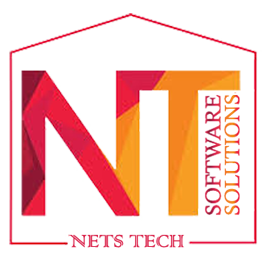
 admin
admin 

















